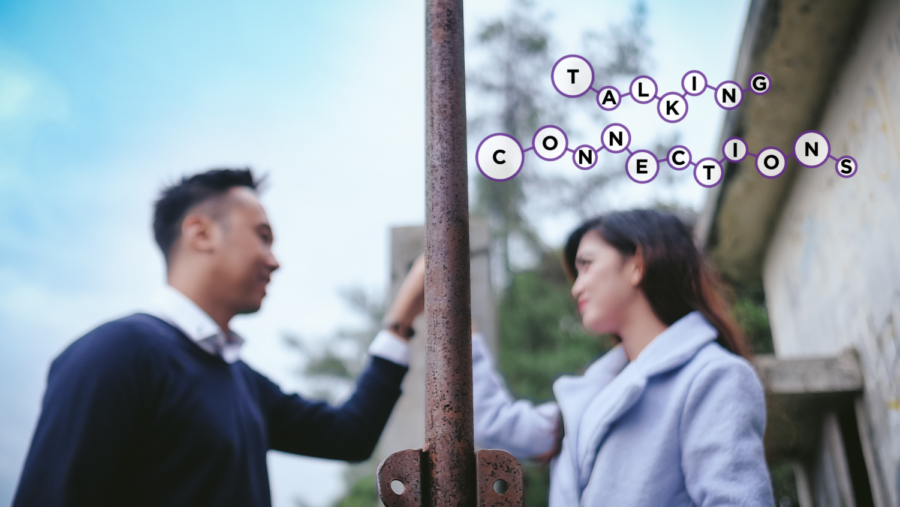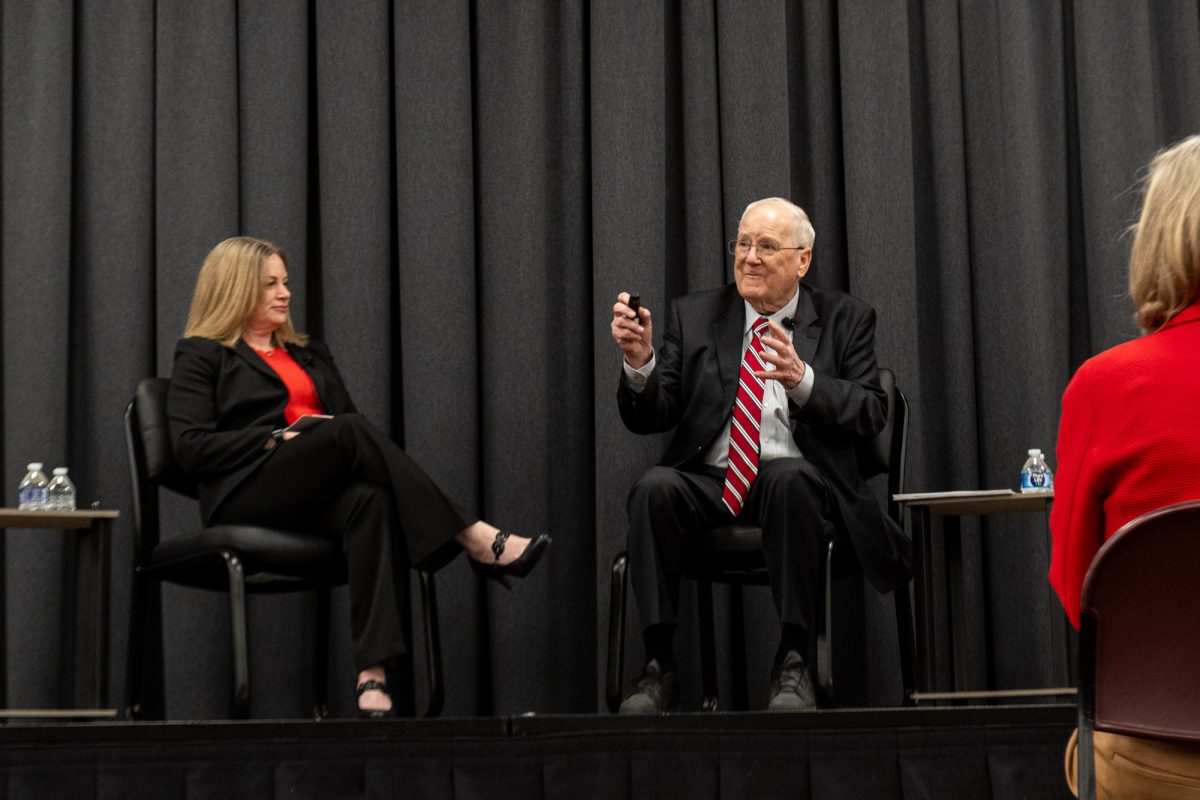Talking Connections: Setting boundaries and communicating in long-distance relationships
Being long distance can be daunting for some couples as it could be seen as the “make-or-break” in relationships.
March 26, 2020
Editor’s note: This is part eight in our weekly relationship series “Talking Connections.” Sensitive content may follow.
Being long distance can be daunting for some couples as it could be seen as the “make-or-break” in relationships.
Some worries people in long-distance relationships may have can include trouble with communication, trusting their significant other and setting appropriate boundaries.
Susan Stewart, professor of sociology, said research shows being in a long-distance relationship and not being able to see each other regularly can cause relationships to weaken.
“Now, that’s not to say that long-distance relationships can’t be successful because more than ever before we are in that, more people these days are in long-distance relationships than in the past,” Stewart said.
In 2017, 3.9 million Americans over the age of 18 lived away from their romantic partners while in 2000, it was 2.7 million Americans, according to The Economist.
Clear communication is one aspect where couples would have to work harder, Stewart said. For Rebecca Burns, a junior in animal science at Iowa State, she said she communicates with her long-distance boyfriend through phone calls, video chats and the occasional letter.
Burns, who is originally from Pennsylvania, met her boyfriend in high school and has been in a long-distance relationship for the bulk of it. Burns moved to Iowa for her freshman year at Iowa State while her boyfriend attended college in Pennsylvania and eventually moved to West Virginia.
“A lot of people when they hear long-distance relationship they immediately think, ‘Oh, it’s going to fail so don’t even try it,’” Burns said. “I honestly don’t blame them for that. I kind of tend to [not] recommend long-distance relationships for everyone. It doesn’t always work and I understand that and I feel really grateful that, so far, I’ve been able to make it work.”
David Wahl, graduate sociology student, said there are three key elements to having a healthy long-distance relationship, which include having well-defined goals, setting boundaries and having transparent communication.
“But in order to have a healthy thing it’s not just seeing the other person,” Wahl said. “You have to set up very well-defined goals — ‘what is this relationship,’ ‘what are we doing’ — both people have to be on the same page. I think that goes for friendship as well as it goes for a romantic relationship.”
Wahl said for a romantic relationship it’s even more important to have clear goals, compared to a friendship. A friend of his was in a relationship that was long distance from the beginning and he said the couple communicated well and set a boundary that no one in the relationship could see other people.
“The biggest problem is they never had a goal, they never had the goal of ‘Well, when are we actually going to meet?’ […] they had nothing,” Wahl said. “Well guess how long that long-term long-distance relationship lasted for? It was a few months.”
Setting boundaries can be helpful. Burns said her relationship is focused on setting the individual boundaries to allow each other to be independent people.
“The basis of boundaries is setting that trust and really believing in your significant other that they won’t make decisions that would hurt the other person,” Burns said. “But I don’t think I’ve ever set boundaries, as in saying, ‘Oh, you can’t do this or you can’t do that.’ Because I understand that it’s his life and he’s trying to experience college, I’m trying to experience college and there’s no way that I can tell him what to do because he’s his own person.”
Stewart said there needs to be more research about conflict, how to work through it and clarify any miscommunication within a long-distance relationship.
“I think especially when you’re online or social media, the worst thing you can do is ghost somebody, which you probably know what that is, and that’s just disappearing,” Stewart said. “That is not good for anyone, it leaves the person who’s ghosted with a lot of anxiety, uncertainty and the person doing the ghosting, it’s not good for them either, they feel a lot of guilt about what they’ve done.”
For days when there is a conflict in the relationship or if someone in the relationship has a hard day, couples have to navigate how to handle those situations. For example, leaning on friends or family for support could be helpful.
This is a time where clear communication can be crucial to strengthen the relationship as couples work through their problems.
“[There’s] going to be hard days,” Burns said. “ […] We shouldn’t sweat the small things and there’s going to be rough patches but in the grand scheme of things, it’s so little. So just trying to not hold grudges and forgive one another, I think is just a huge, huge thing.”






